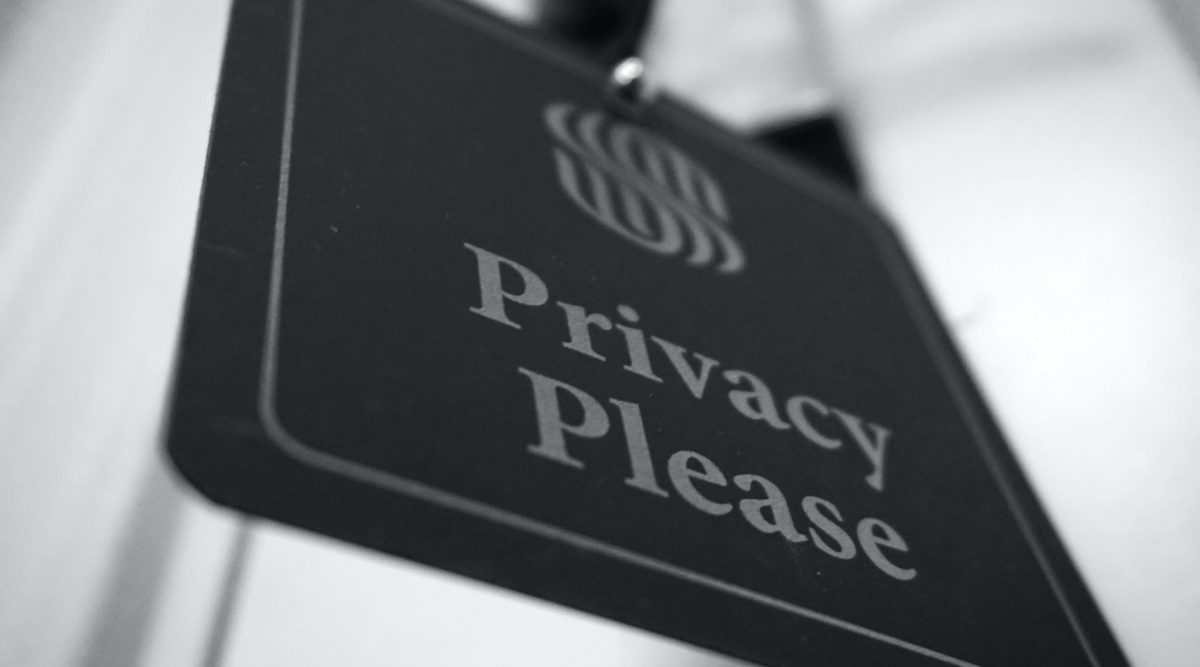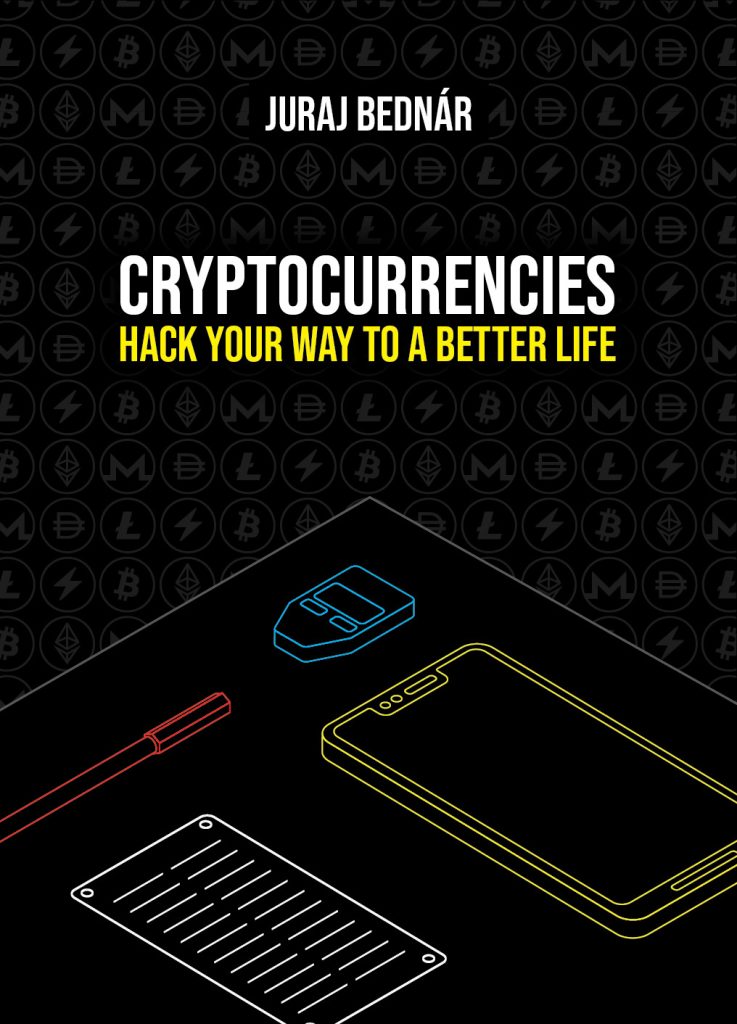Oh no, another list of “10 things…”. This one started as a set of Twitter/Mastodon posts about things to try to improve your privacy and be conscious of what you are doing. These are not the usual things to do for privacy.
In Ayn Rand’s Atlas Shrugged, people went on strike. The giant holding the weight of the world on his shoulders should shrug according to one of the heroes of the book.
We don’t have to shrug. We can go on a strike to a parallel economy.
The difference between John Galt’s gulch and current situation is that we can strike, but produce and thrive to our fullest potential.
We have all the tools. Let’s try them out!
1. Bootstrap parallel economy with Lightning wallets
Let’s bootstrap the parallel economy by helping your friends and family install a Lightning wallet. This time, do not give them the usual 🟠💊 talk. Tell them this is peer to peer cash, their ticket to a parallel economy. Spend it!
I recommend Phoenix or Breez to start. You can read my test of Lightning wallets. And if you want to go pro, I have a course Lightning network for private bitcoin payments among friends and for products and services.
2. Pay cash/crypto and bootstrap merchants to parallel economy
Pay cash or crypto. Do not touch that plastic/metal card! In fact, leave it at home.
Cash is anonymous. How long can you avoid being tracked in the brick&mortar 🌎 ?
Coffee/Restaurant? Cash!
Public transport? Get a paper ticket for cash!
Get in the habit of avoiding permanent records about your purchases.
In many countries (🇸🇰/🇨🇿?/🇭🇺/…), purchases are tracked. Every cash register has to upload information about each purchase to government database. In some cases even names of products.
If you pay non-anonymously, you are sending them a record of each item, including medicine that could be possibly tied to you.
Because these databases communicate over the internet, the whole register of purchases is sitting somewhere online. How safe is it?
We are all talking about private communication. We just need to realize that financial communication is communication too!
3. Anonymous online payments
Now try the same thing with online purchases. Do not use anything that has your name on it. Cards, Apple/Google Pay, … You can pay BTC (⚡️), XMR or anything else. And remember that cash on delivery option? Yes, it is still available.
Do not create permanent record of your online purchases!
There are of course proxy merchant services. But it does not have to be so sophisticated. You can ask friends to pay and you pay them BTC ⚡️/XMR. Everyone wants to buy cryptocurrencies these days, right?
Another option is to buy gift cards (with cash or online through bitrefill)
What are your favourite privacy services for shopping online?
I would look at purse.io, localcoinswap (haven’t tried this one yet), of course bitrefill, CoinCards. And nice merchants like Alza (in Europe) that sell almost everything and accept ⚡️directly.
There is of course paywithmoon that sells reusable prepaid visa cards for ⚡️. Unfortunately usable only for US merchants.
There was coindebit, but is now defunct. Or ask your fellow proxy merchants (for example friends), many services can give you one-use card with a limit, so your friends can sell you these for BTC. It is a way for people to buy more BTC.
A hint from @AnarkioC for other services (I haven’t tried them personally):
- http://Ezzocard.com works for some EU stores (but doesn’t support 3DS).
- International virtual Visa cards from http://TheBitcoinCompany.com work in some EU countries & with Google Pay in brick-and-mortar stores.
- http://Proxysto.re & http://SovereignStack.tools/rerouter.
And a hint from @wilderko that is especially good for Argentina:
- KriptonMarket – proxy merchant service that charges the blue market rate in BTC and pays locally with pesos credit card
4. Refuse receipts
Say “I do not need an invoice / receipt” and pay privately at least once. If they print it anyway, do not take it.
Ain’t nothing wrong with wanting to save the 🌳
5. Get paid in Bitcoin (⚡️) or Monero for something
A service you do or just selling your old phone. Even getting a tip is OK.
Increase the possibility of success by interacting with your fellow Bitcoiners. Maybe go to a meetup.
Try the PoS mode of Breez.
For content creators (not only podcasters), this blog article about rewarding content creators might be a good read.
6. Start a crypto trading and discussion group
Start a local crypto trading and discussion groups. 3-10 people are enough. Know them personally. If you don’t know anyone, go to a meetup or organize one.
It’s not only about trading, you are creating social networks.
I have written an extensive how-to.
7. Smartphone privacy. Start using Signal. Disconnect from cell towers.
Start using Signal. Seriously stop using Telegram (not E2E encrypted). When you come home, switch 📱 to ✈️ mode. If someone wants to call you, they can do it over Signal through Wifi.
Read about why to do it and how to choose the right messenger.
The mobile network is tracking you in many ways. Data (for SMS and calls), metadata (who called/texted who and when) and location (which cell tower do you connect to).
You do not need a mobile plan to be reachable. Here’s how…
- Start using Signal. Make everyone call you like that. Teach people you will not answer unless the call is end to end encrypted and through data
- Buy a call in number. Hushed (pay with ⚡️) or Skype (pay with Bitrefill with ⚡️) offer call-in numbers. Give this to couriers.
- Forward calls to this call-in number on your cell (call forwarding in settings). Whenever you are on wifi, turn on ✈️ mode with wifi on. You are still reachable, but not on cell network.
- When you are used to this setup, take the SIM card out of the phone and get a data-only anonymous plan (keepgo, silent link, czech prepaid SIM card).
Result – location is not tied to your identity, you are still reachable on your old phone number, people calling you through Signal.
If you don’t want Signal, there are good alternatives. Be aware of network effects though, network effect trumps features and religious concerns.
Look at Threema, Element, DeltaChat and Status.
If you are on Android, you can also consider Molly, which is an alternative Signal implementation.
8. Try open-source note taking apps
You might be using Notion or Evernote. There are alternatives such as Joplin, Obsidian or Standard Notes? Joplin and Standard Notes are open-source. Joplin can be synced with existing cloud services such as Dropbox (enable encryption!).
Here’s a nice overview. The guy is wearing a Monero T-shirt, so he has to be cool.
9. Do not share location or private information on social media!
Do not publish your location on social media. If you do, do it with a delay (“✈️ few weeks ago” not “yo, check this 🇵🇦 beach losers, how’s office life?”).
Try Signal stories for curated/selected audience instead of IG/Twitter/FB.
10. Learn more, share
You can learn more about using cryptocurrencies and privacy in my new book Cryptocurrencies – Hack your way to a better life. You can pay privately (⚡️/XMR) and I am not interested in your name and private information. Or you can use a proxy merchant and buy it on Amazon.
Share this blog or just the experience with others. Challenge each other. Doing fun things is much more fun when you do it together with friends.
Find more content like this in my book Cryptocurrencies – Hack your way to a better life.
It is a guide for Bitcoin and cryptocurrency ninjas. Learn how to use the Lightning network, how to accept cryptocurrencies, what opportunities there are for different professions, how to handle different market situations and how to use crypto to improve your life.
Get it on my e-shop (BTC, BTC⚡️ and XMR and even oldschool plastic) or at Amazon.

